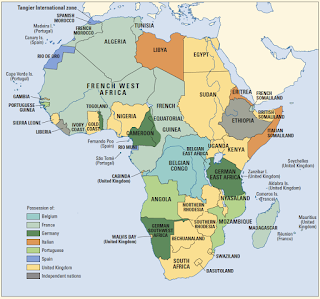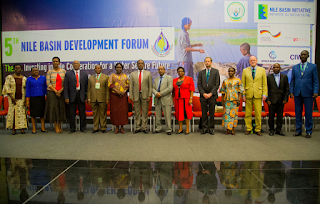History of Water Politics on the Nile: A Postcolonial View
Hello, and welcome back to my blog. This week I will be looking at the Aswan Dam, and how colonial treaties have favoured Egypt, leaving other riparian states with little say over the management of the Nile's resources. The unreliability of the River Nile’s flow has been recorded for thousands of years. The Ancient Egyptian civilization grew up along its banks and was very aware of the reliance on the river for its survival. As one of the most developed and populated regions of the Nile, Egypt has historically been the major user of Nile waters which provided fertile soil for the ever-increasing land taken up for agriculture. As colonies became separate countries, populations grew along with the demand for food. The demand for water by not just Egypt, but many of the Niles’ riparian states increased and became a contentious political platform. Poor economic development in many of these states and a lack of investment in programs to increase efficiency in water allocation le


